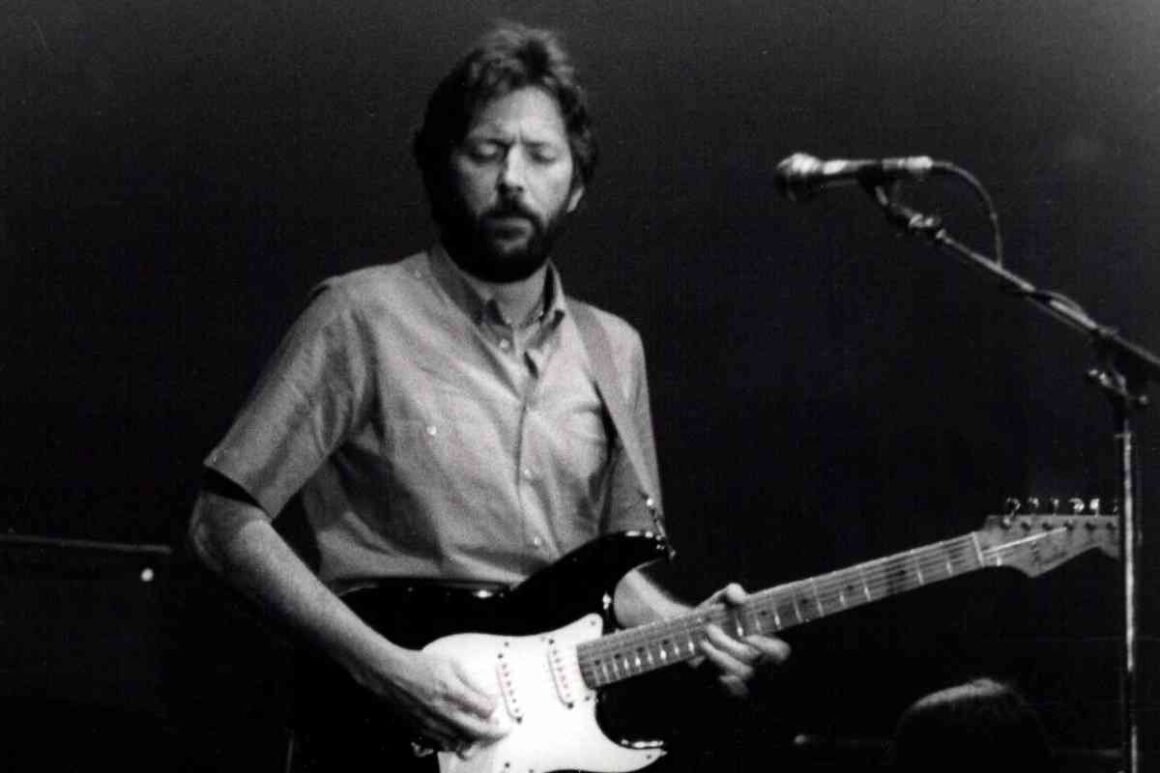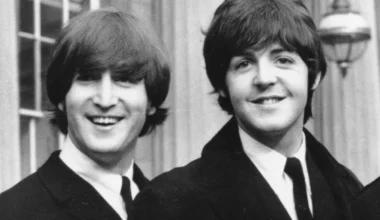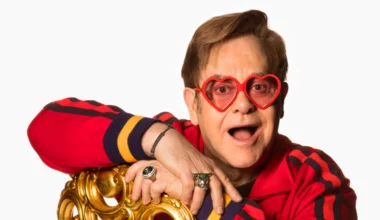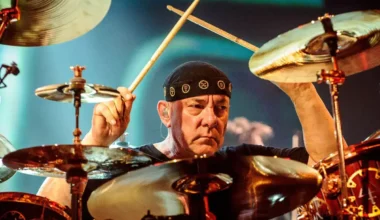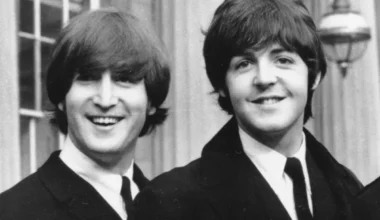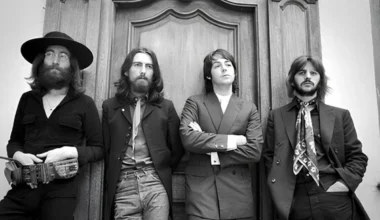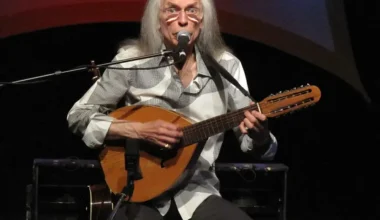Many believed Diego Maradona to be the “hand of God.” To the dismay of England supporters, the football player demonstrated his extraordinary skill on the pitch by scoring a vital goal with his hand in the World Cup quarterfinal. But in the music business, Eric Clapton is the hand of God. Many guitarists would rank Jimi Hendrix higher than the British guitar virtuoso. However, a 1960s graffiti that said, “Clapton is God,” on a wall in London, serves as the reference.
Even though Clapton has a very ungodly history of offensive behaviour for which he has issued numerous apology letters, his six-string prowess is undeniable. The majority of rock historians believe that Clapton, Jeff Beck, and Jimmy Page, as members of the Yardbird trio, dominated the London scene. That is, until American musician Jimi Hendrix showed up to bring a fresh perspective to the highly productive rivalry.
Before Hendrix passed away in 1970, Clapton got to know him well, despite their obvious and intense rivalry. Clapton invited Hendrix to jam with Cream onstage at the London Polytechnic at Regent Street on their first date. In 1989, Clapton recalled, “He got up and blew everyone’s mind.” “I suddenly had the thought, ‘Ahh, someone who performs the music I love live, on stage with me. I was actually privileged to be (on stage with him)… It’s something that no one is ever going to beat.”
Even though Eric Clapton held Hendrix in high regard for his incredible technical skill and charismatic stage presence, he also recognised the value of individuality in the guitar community. The distinctive subtleties that every gifted guitarist brings to the forefront extend beyond the boundaries of virtuosity. JJ Cale’s versatile skill set especially captivated the guitarist for Cream. He considered him to be unfairly underestimated during his era.
After Clapton left the Yardbirds in 1965, he became a member of John Mayall and the Bluesbreakers. John Mayall is a blues master and one of the first British supporters of the American genre. Whereas JJ Cale’s approach combined folk, blues, jazz, and rock.
In a 2016 interview, Eric Clapton talked about his motivations for joining Mayall’s group with Classic Rock. Above all, Clapton became impressed by Mayall’s unparalleled dedication to his work. “John was an archivist of the blues,” smiled Clapton. “I had never seen a better collection of blues 45s—Chicago blues, blues, everything—than what he possessed.” He was an academic.
Though his time with Mayall and the Bluesbreakers was brief—about a year—Clapton learned a great deal in that time. Clapton disclosed, “He not only offered me the job, but also a place to live in Lee Green.” Thus, for the majority of the time I worked with him, I lived with him. I would simply leave all these records on the floor during the day and listen to them on the turntable while learning, learning, learning. And I only did that. I was just studying. Because I immediately realised that I was in the ideal setting.
Clapton disclosed that Mayall was a true bluesman. The sombre Bluesbreaker said, “He wasn’t impressed by rock ‘n’ roll. He didn’t want to be famous, he just wanted to play clubs and have it be’real’.” “I felt that this was heaven. I can now spend all of this time honing my craft.
The years that Clapton shared a home and stage with John Mayall were immensely beneficial to him. He was at the top of his game, propelled into the psychedelic era by a wealth of blues history and influence, when he formed Cream in 1966.

